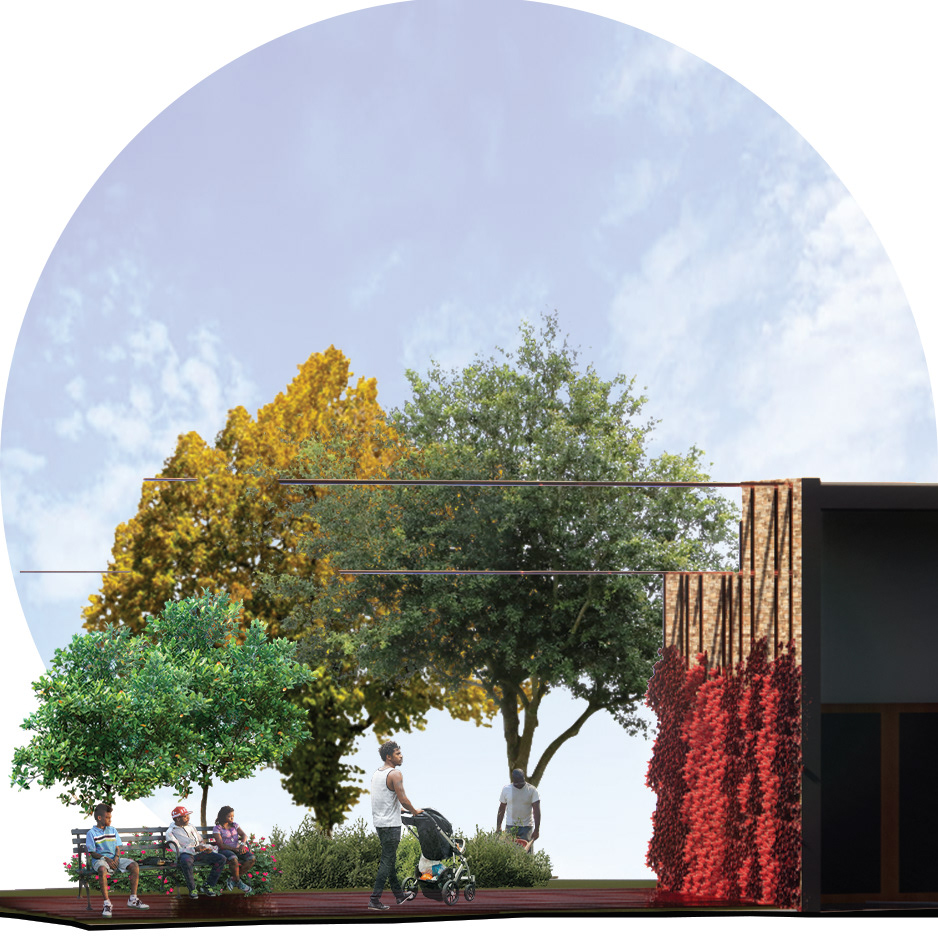When a tragic event occurs it leaves behind an emotionally charged site in the area it affected. Historically, the response to building on emotionally charged sites is to create a memorial or a museum (or in unfortunate circumstances, just rebuilding structure exactly as it stood before). However, tragedy is like a wound for the community. The subsequent rebuilding needs to emulate a scar. Like a scar, this architecture should help the community remember, teach, heal, and transition: fulfilling four important needs that emotionally charged sites share in common. It is crucial that designers address these needs in order for emotionally charged sites to recover.
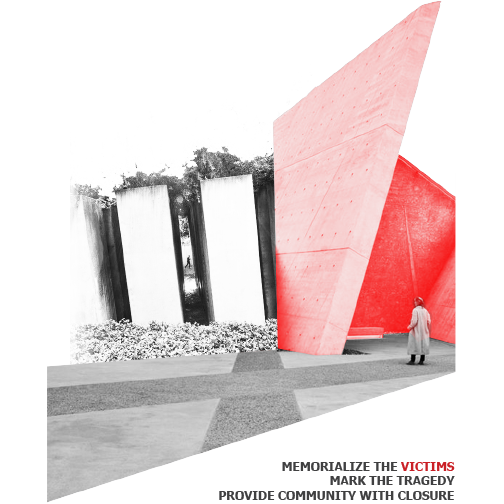
The Need to Remember
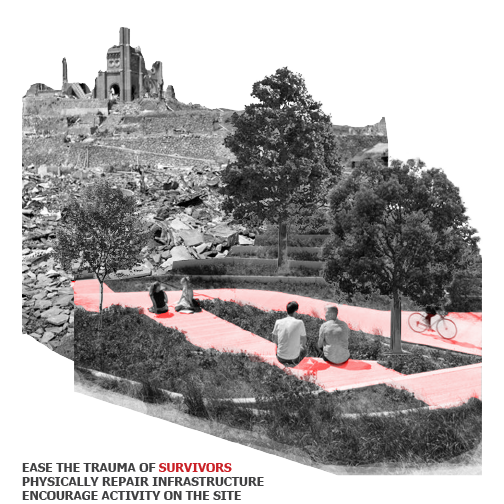
The Need to Heal
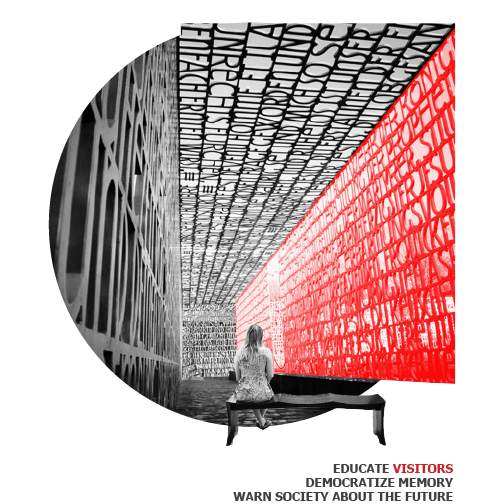
The Need to Teach
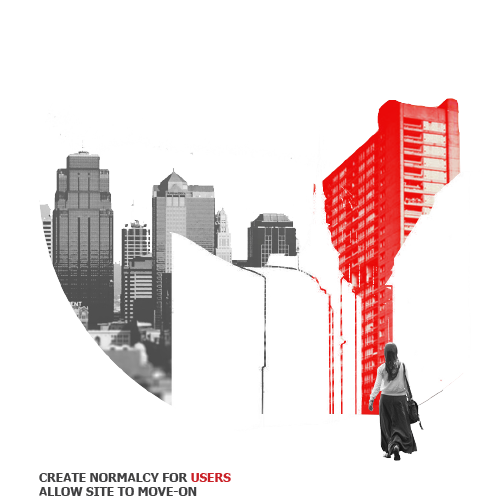
The Need to Transition
Architects fail when they neglect the needs of remembering, teaching, healing, and transitioning in the design for emotionally charged sites. Therefore I used these four needs to develop a typology framework that can be implemented on any site recovering after a tragedy. The typology is of a Community Venue that is shaped by the need to remember, teach, heal, and transition and their relationship with one another. There are eight unique programmatic spaces in the Community Venue; four primary spaces directly relate to the needs of emotionally charged sites and four secondary spaces account for the shared relationships of these needs. These programs are organized by the logic of hierarchy, proximity, and circulation and each have a specific purpose to help the site recover
Typology Program Diagram
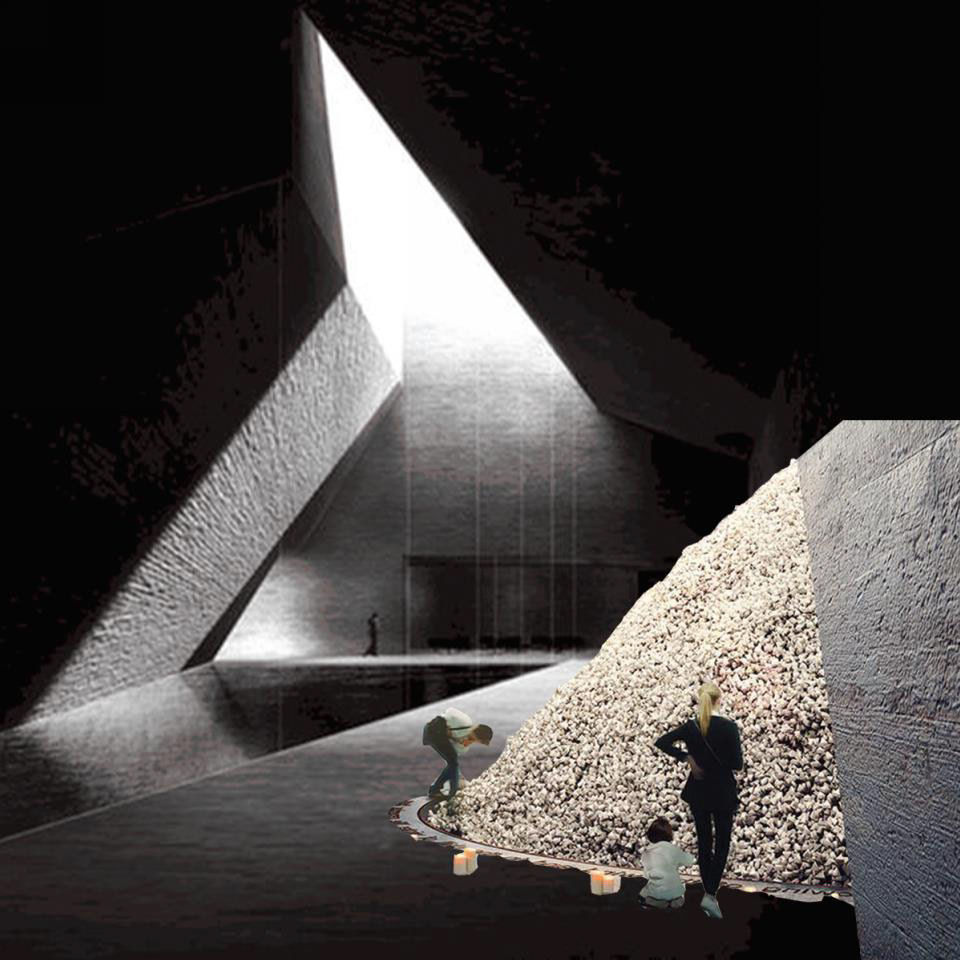
Remember Space
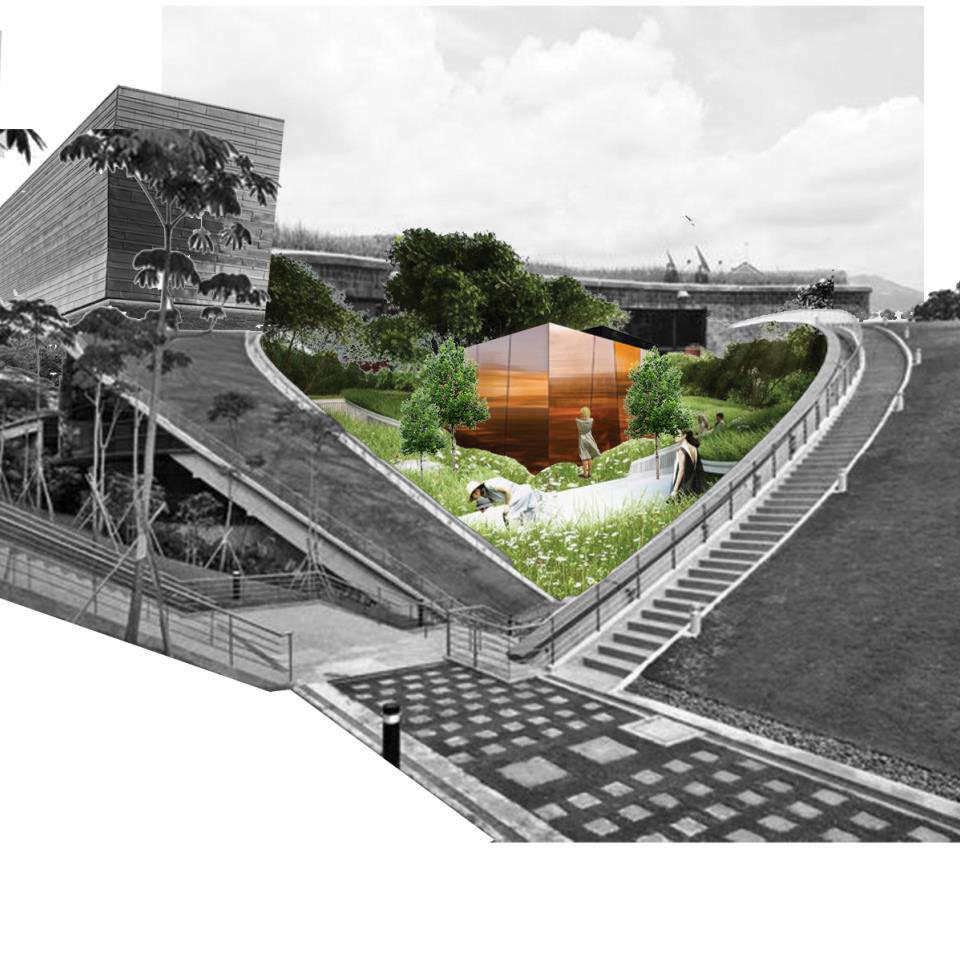
Remember-Heal Space
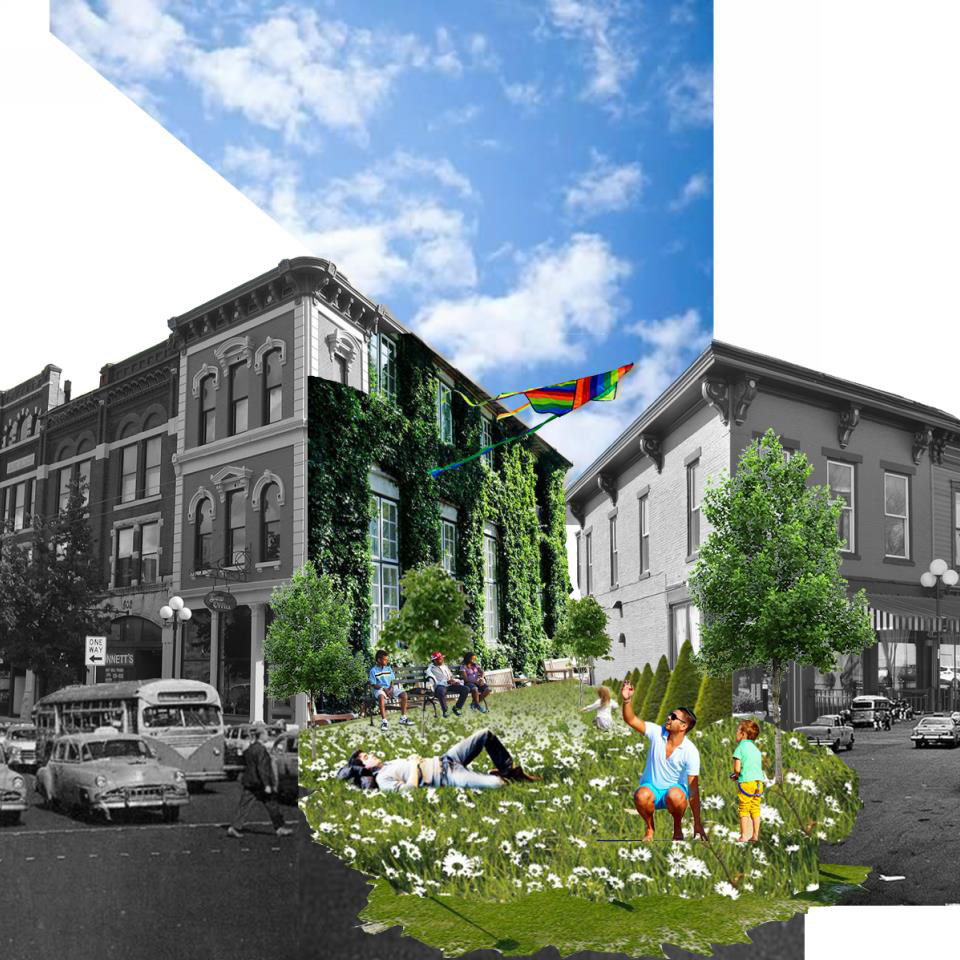
Heal Space
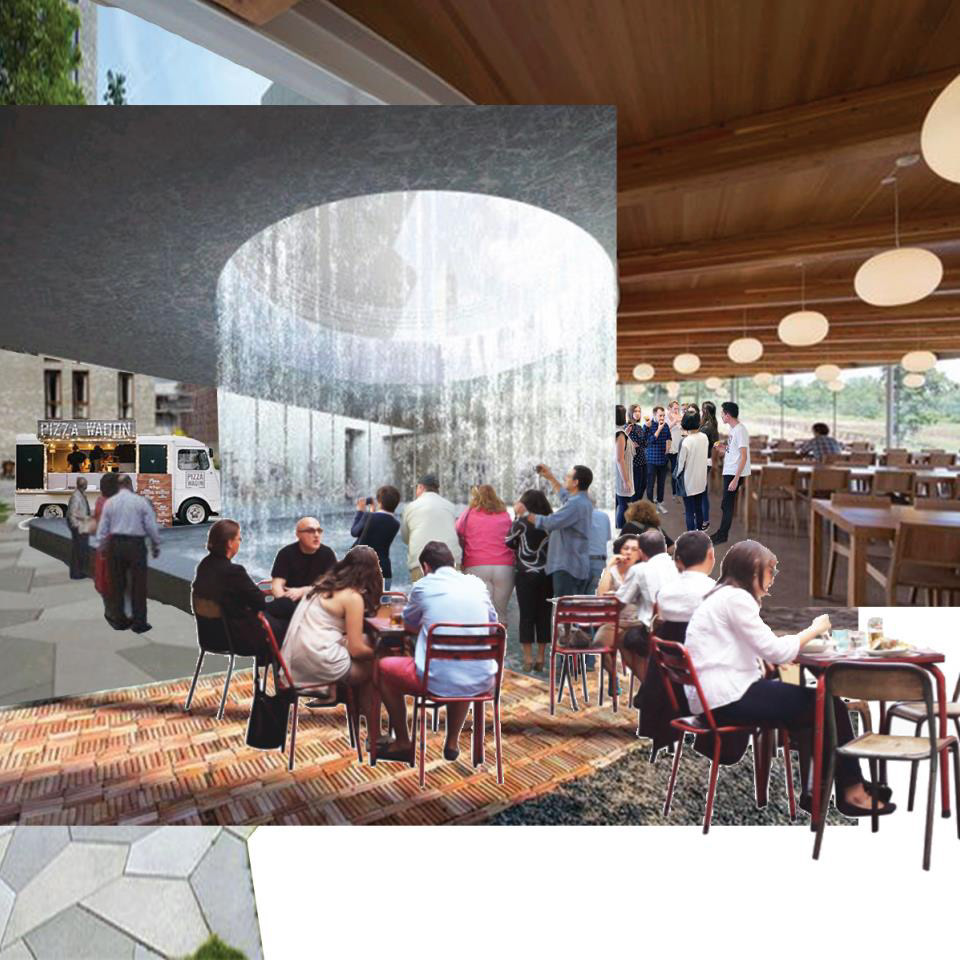
Heal-Transition Space
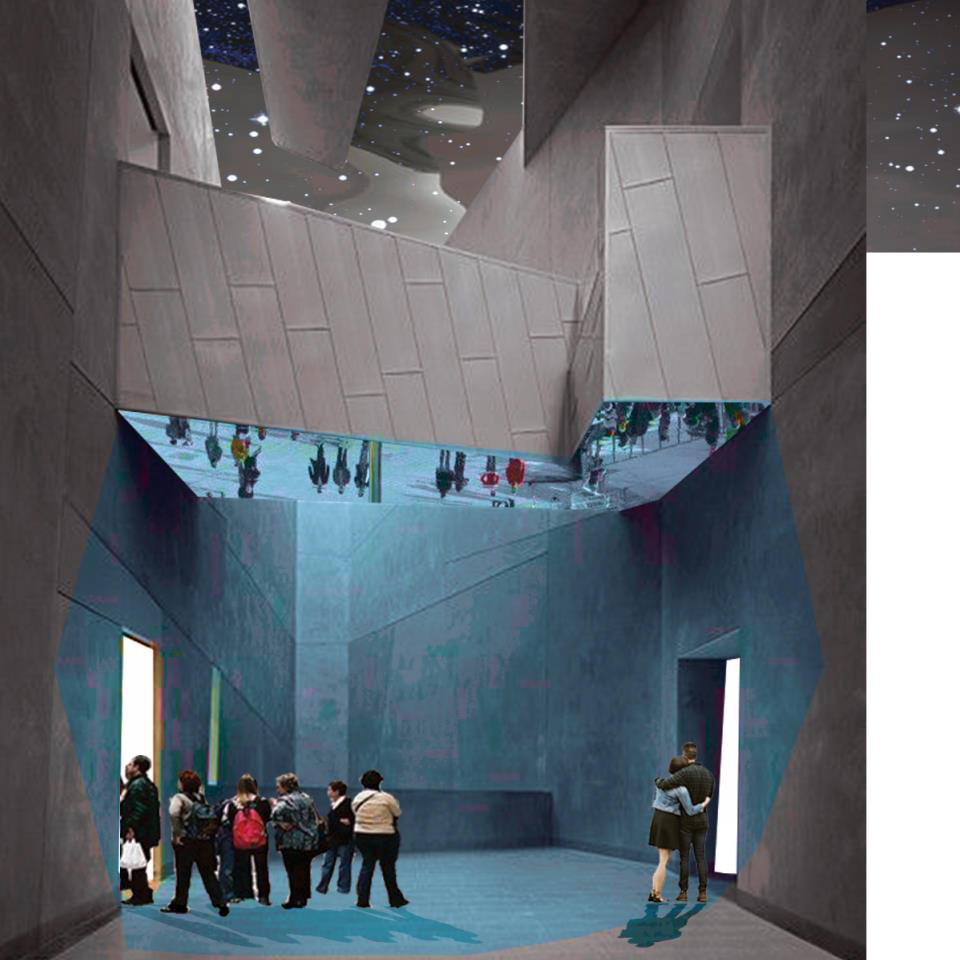
Teach-Remember Space
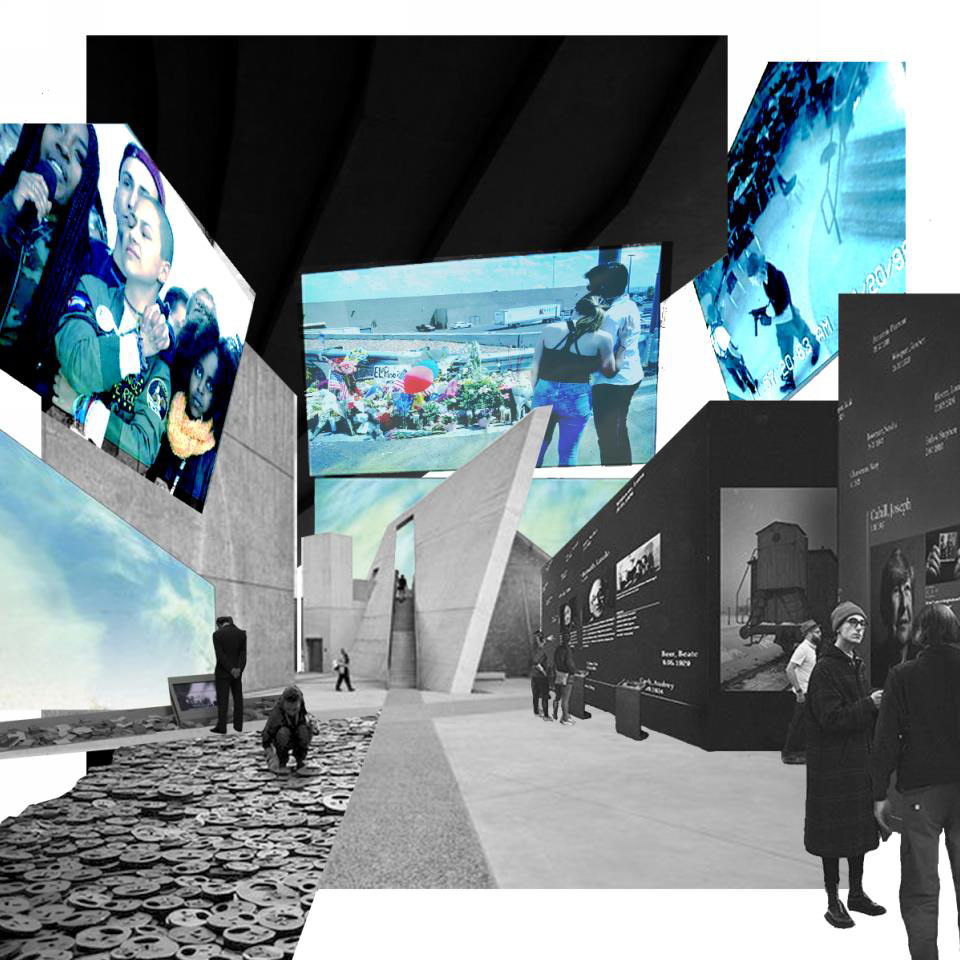
Teach Space
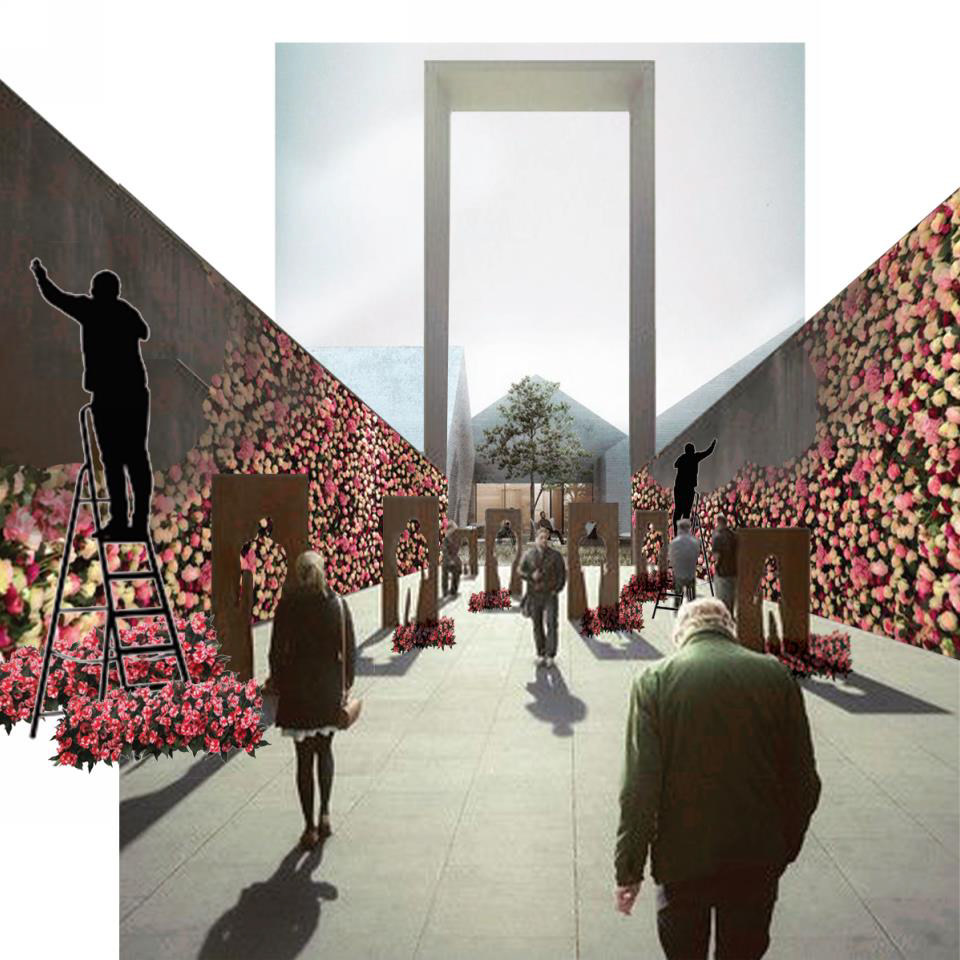
Transition-Heal-Teach Space
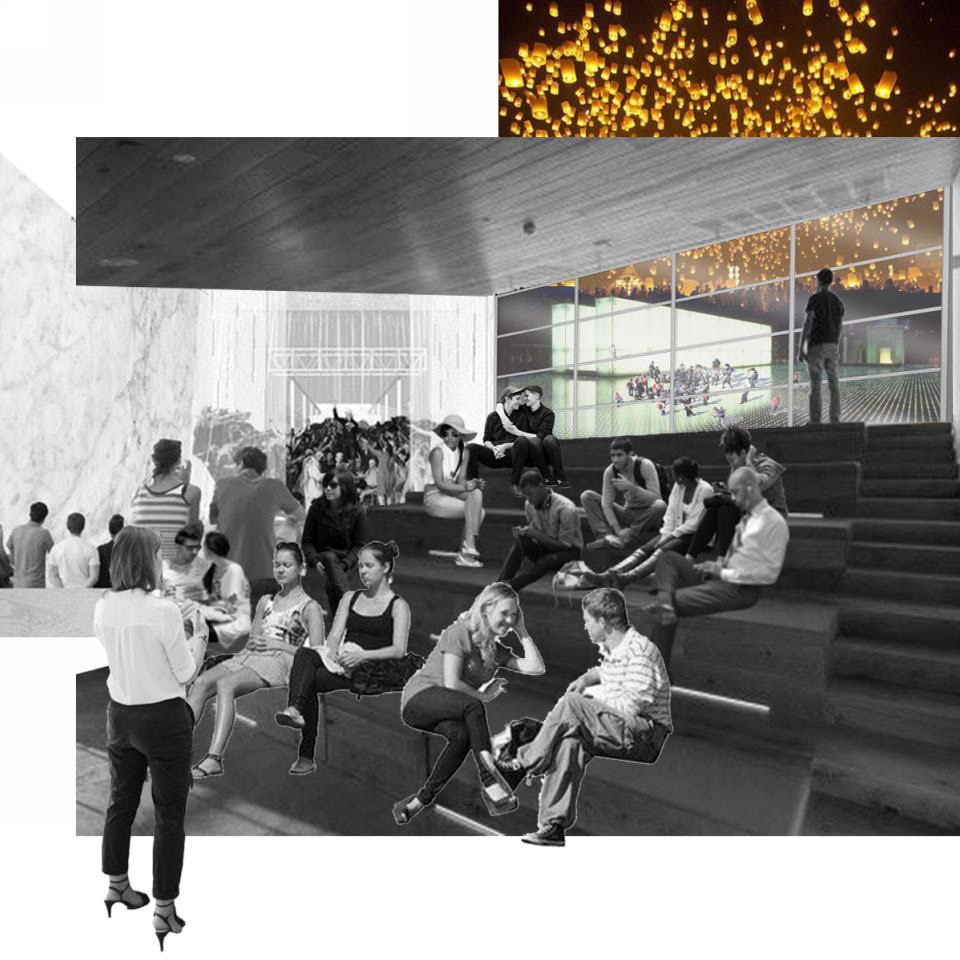
Transition Space
I focused on the epidemic of mass shooting events in the United States as a means to test my Community Venue typology. I designed two Community Venues in El Paso, Texas and Dayton, Ohio which are recovering from mass shootings on August 3rd 2019 and August 4th 2019 respectively. By designing Community Venues for both sites I am able to address the national context of the mass shooting epidemic as well as test my thesis concept with two sets of parameters.
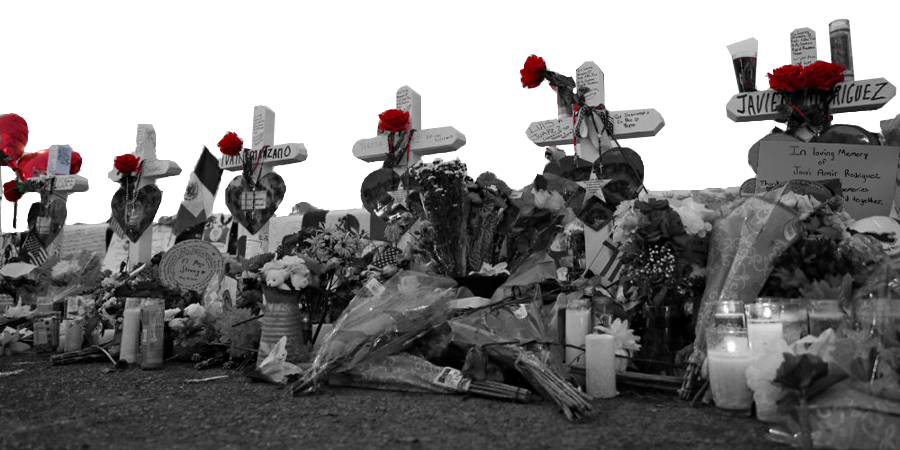
August 3rd 2019 Shooting in El Paso, Texas
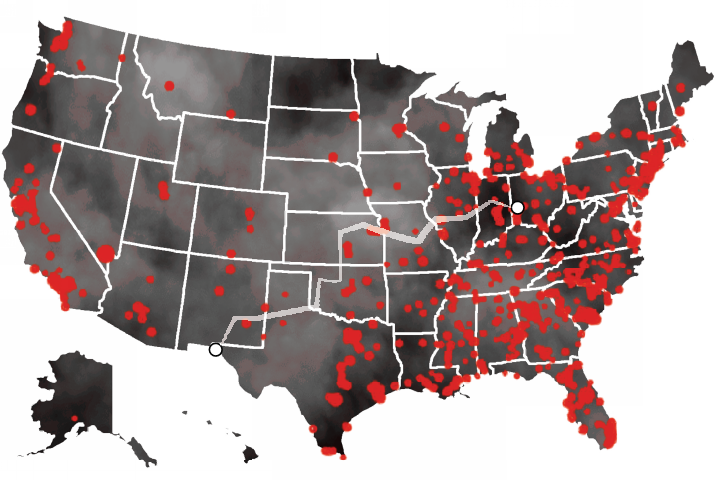
Location of Mass Shooting Events in U.S. in 2019
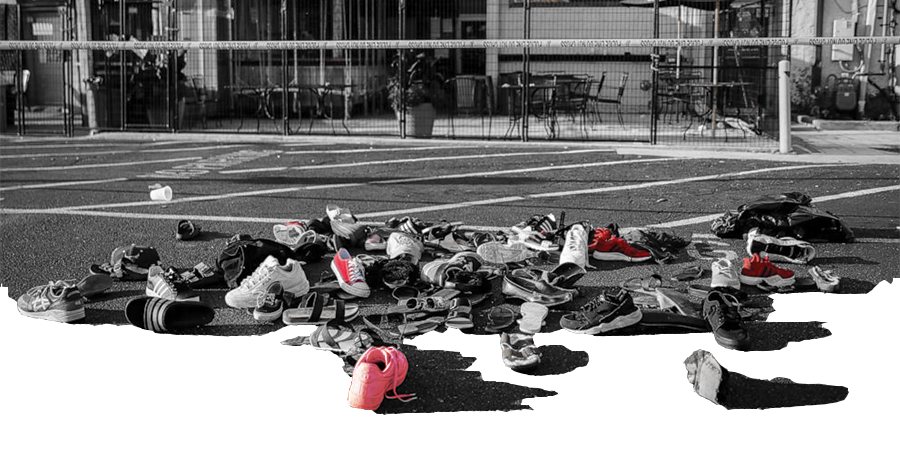
August 4th 2019 Shooting in Dayton, Ohio
I used the unique nature of the specific tragedy, the site context, and the community needs in order to refine the typology framework into designs catered to the El Paso and Dayton communities. As mourners, tourists, survivors, and commuters come to the area of the shooting for different reasons, the Community Venue will be there to help them remember, teach, heal, and transition
El Paso Community Venue
Site Plan
Ground Floor Plan
Dayton Community Venue
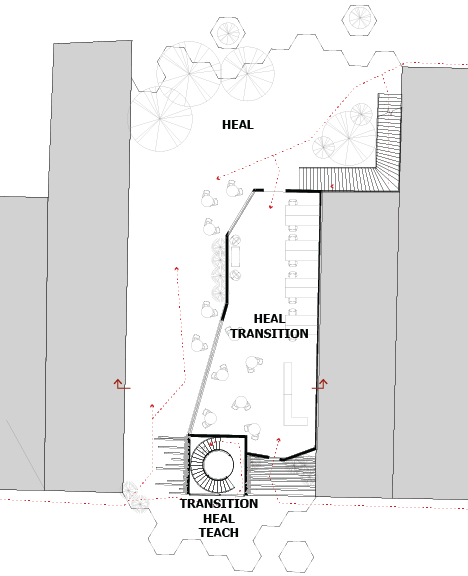
Ground Floor Plan
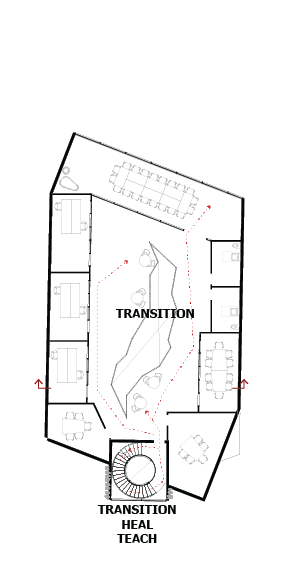
Second Floor Plan
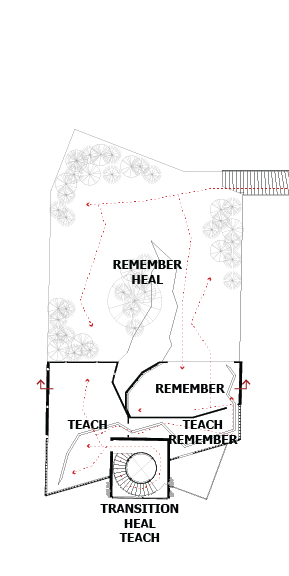
Third Floor Plan
When a tragedy occurs, it forever changes cities, sites, and communities. The aftermath of a tragedy creates an emotionally charged site that struggles to recover while simultaneously coming to terms with the past. In this thesis, I connect architecture with this problem in culture and show ways that architects can use design to help these struggling communities. Emotionally charged sites, such as the ones in El Paso, Texas and Dayton, Ohio, will emerge in the future. It is the responsibility of the designer of these future sites to empower communities to take control over how memory is formed and how history progresses.
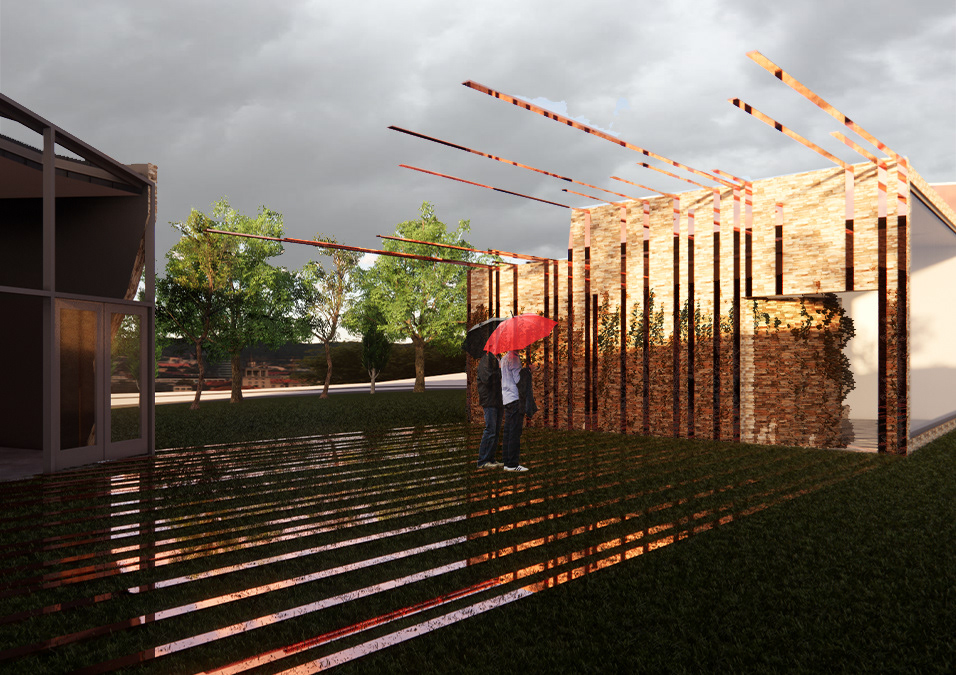
Remember Space
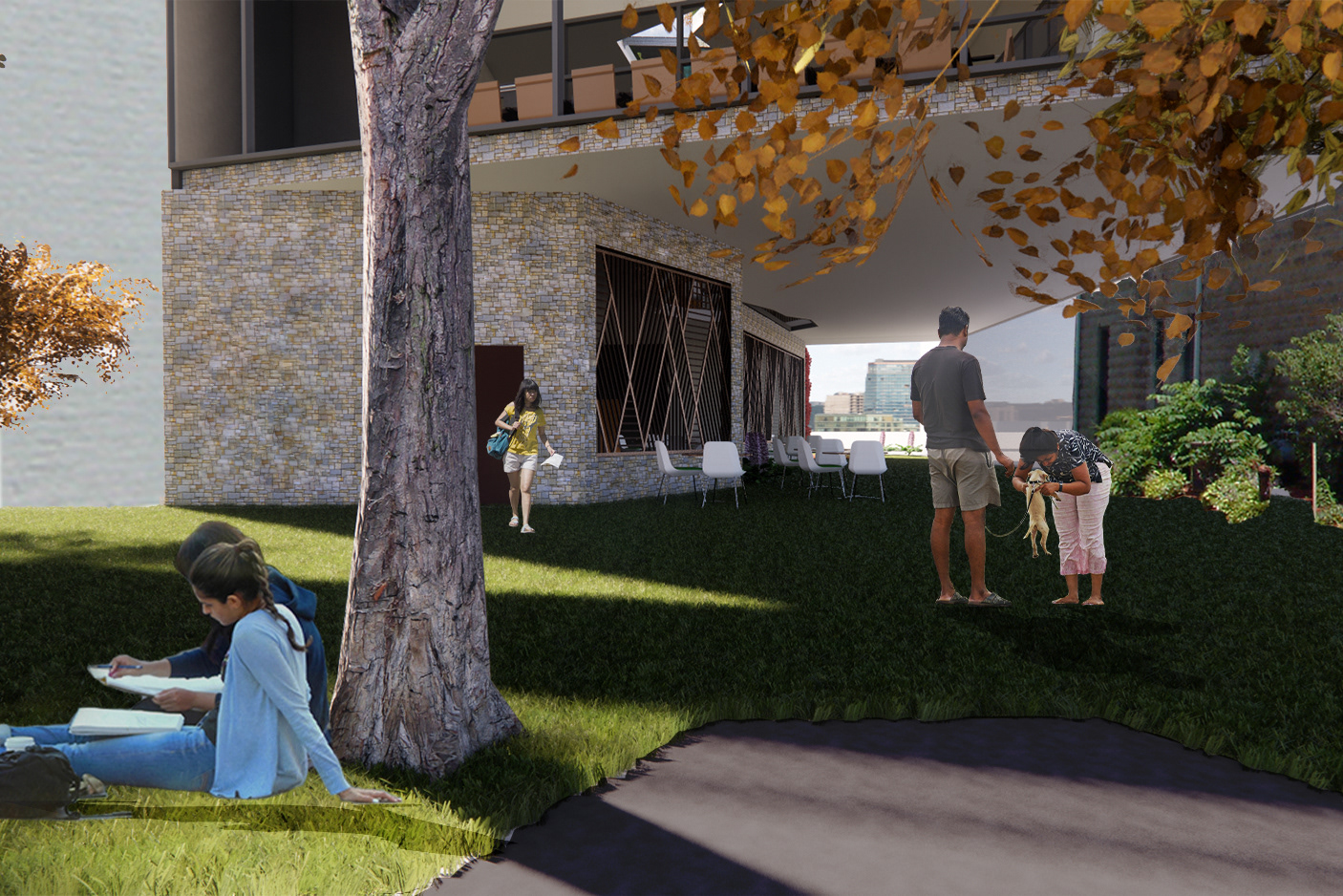
Heal Space
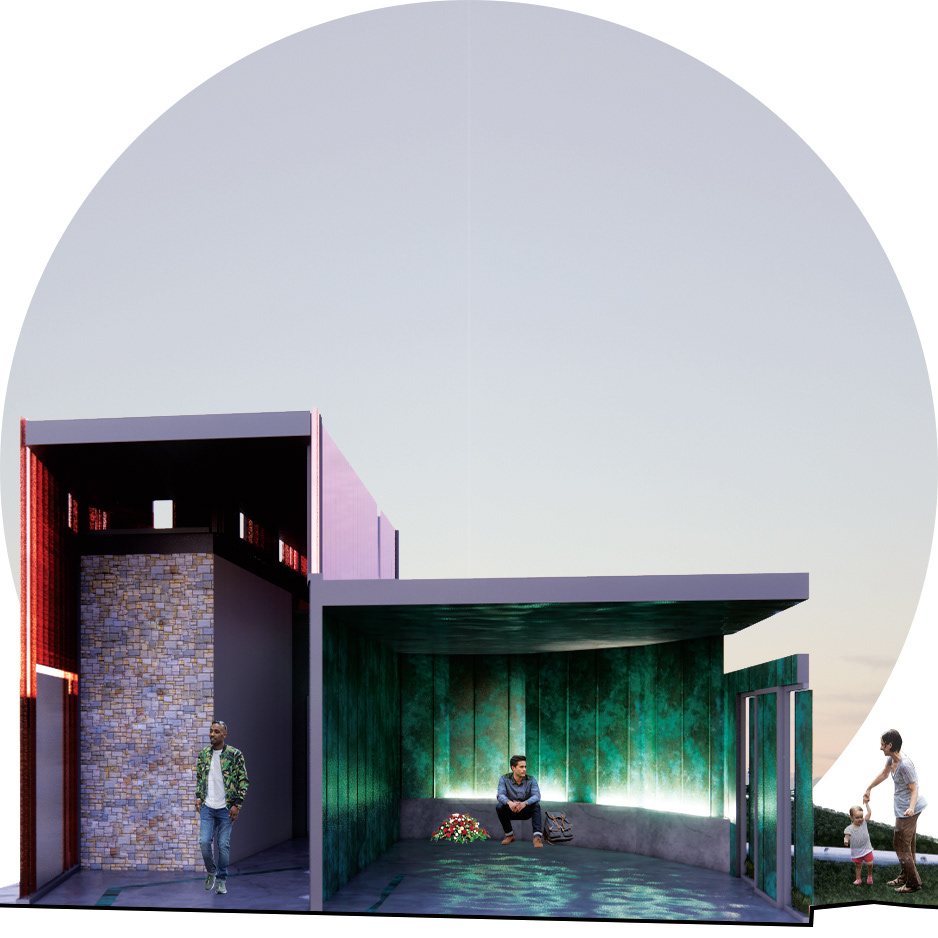
Remember/Heal Space (a therapeutic space)
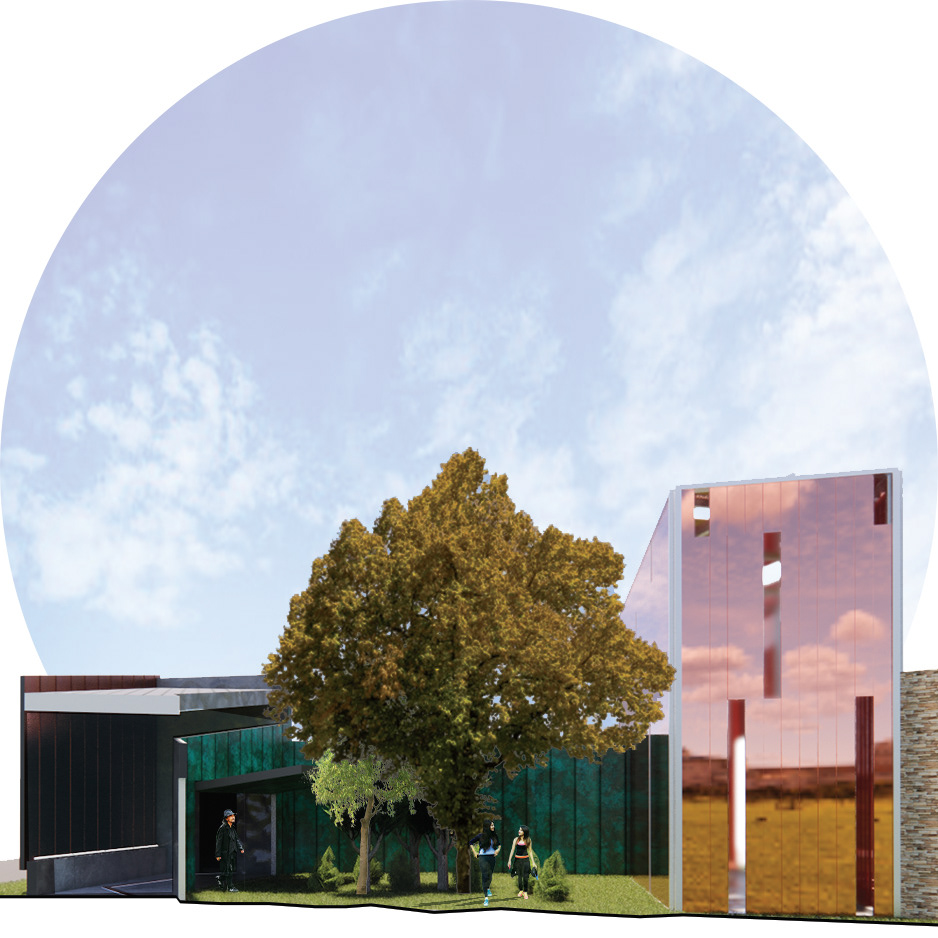
Heal/Transition Space (a space to gather)
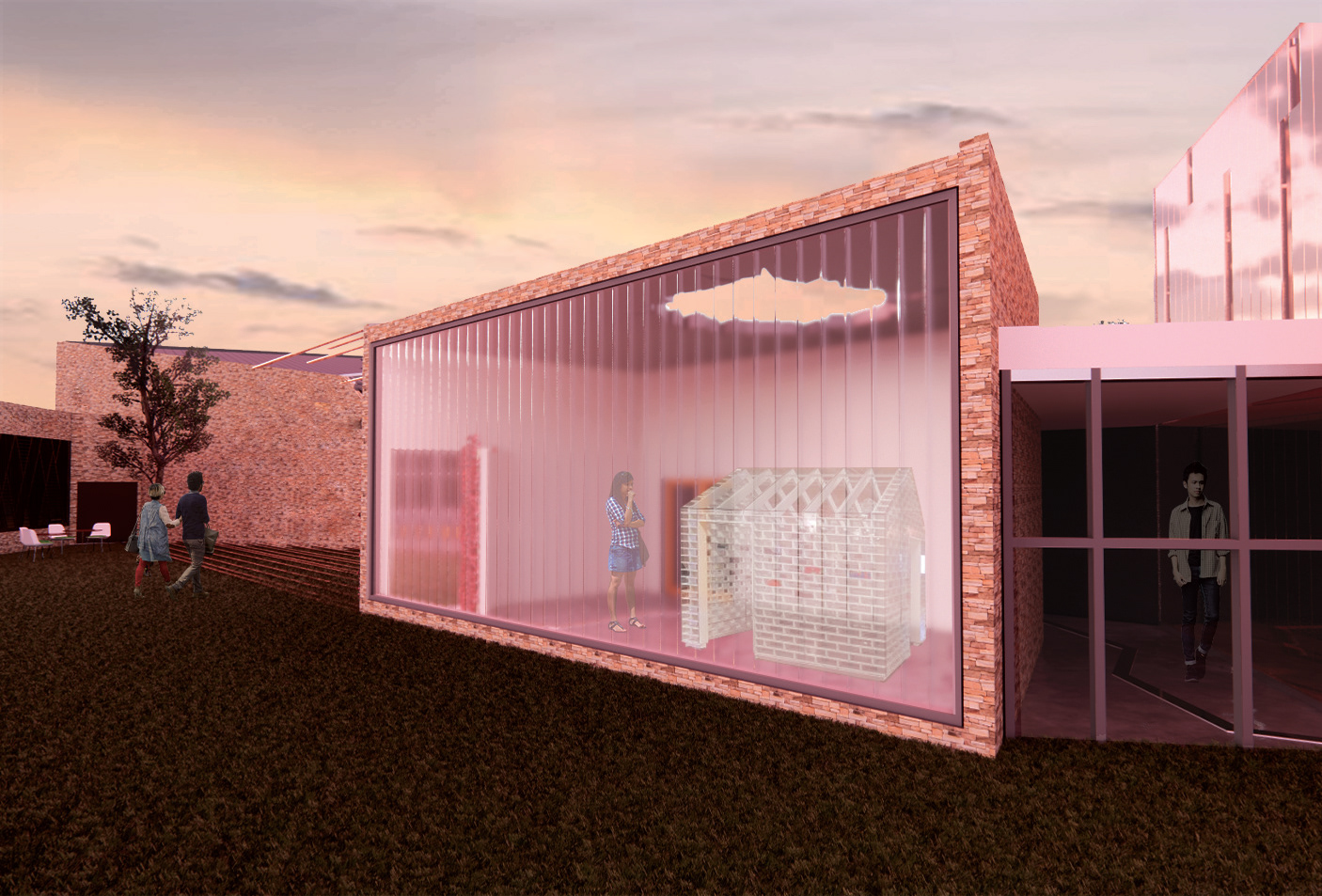
Teach Space
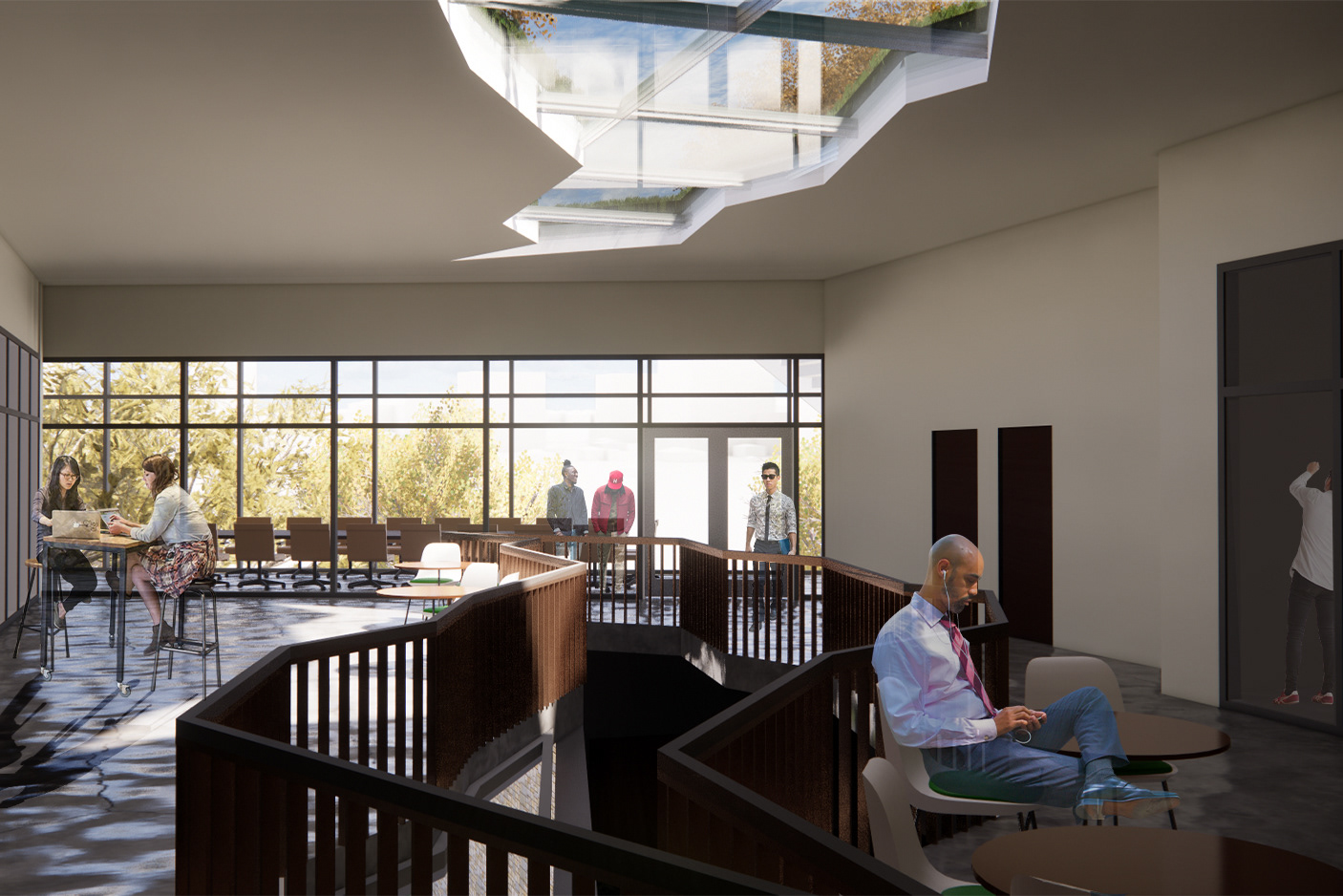
Transition Space
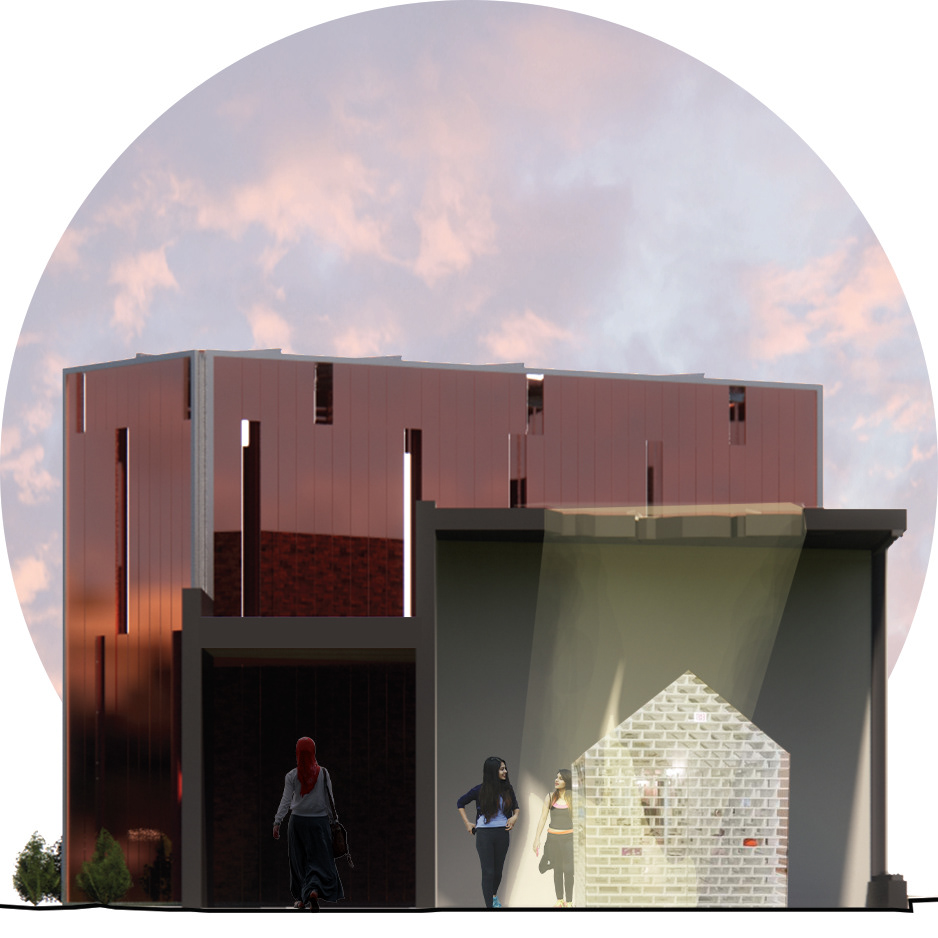
Teach/Remember Space (a space to understand)
